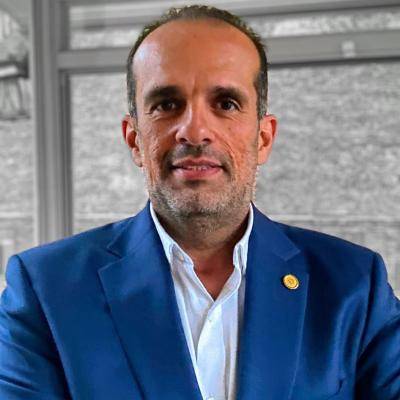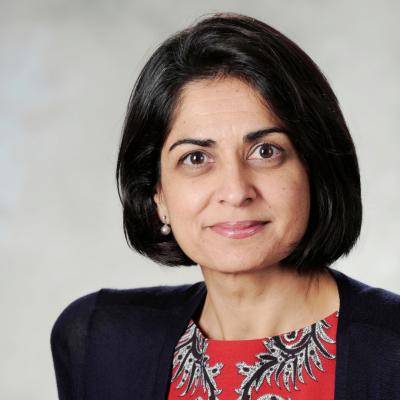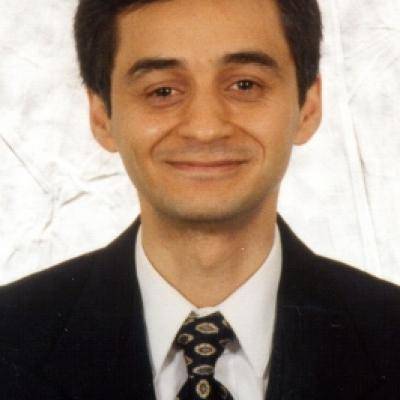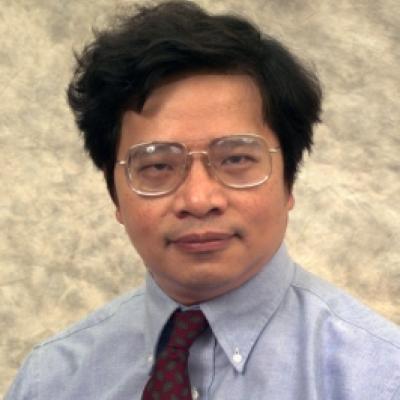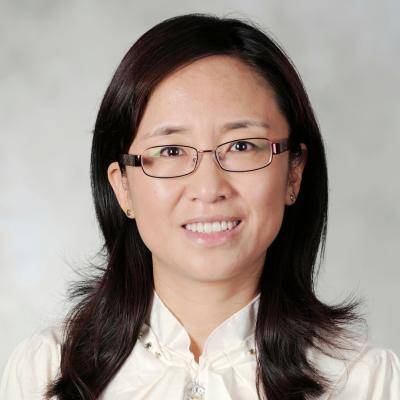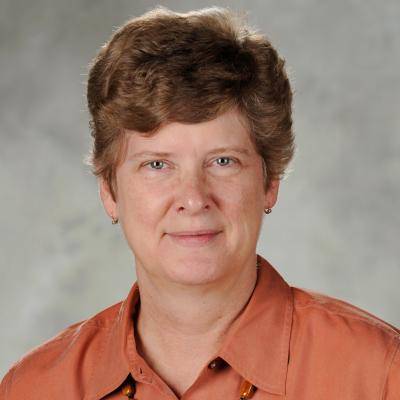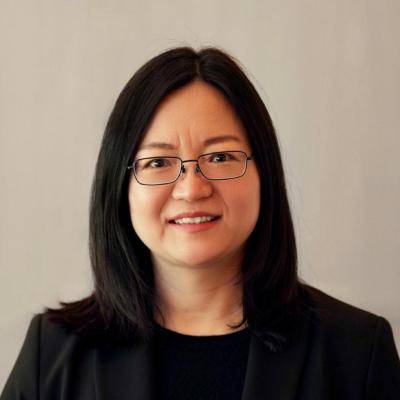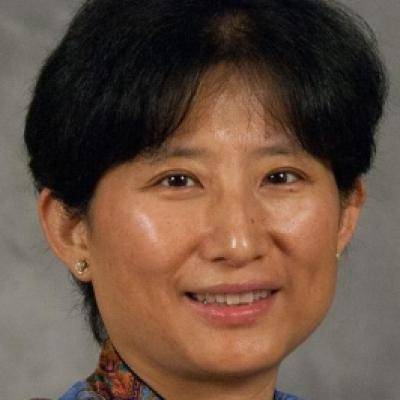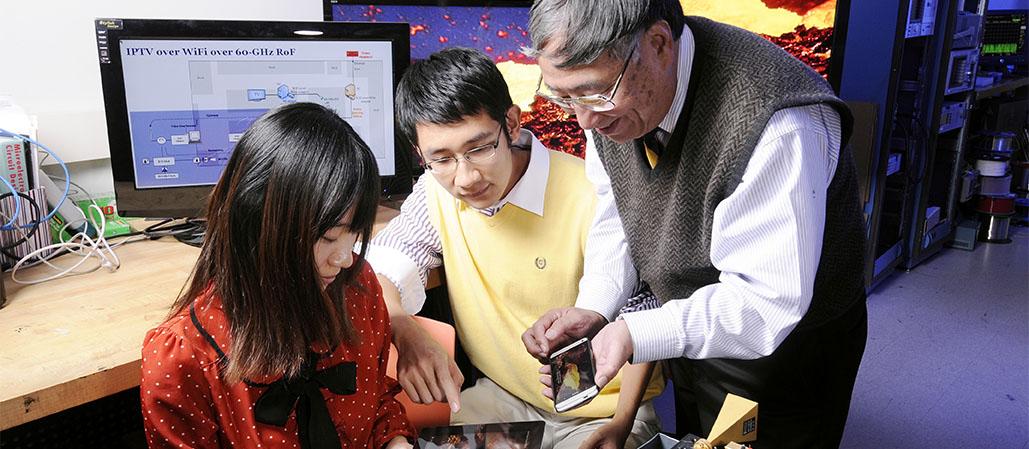
Digital Signal Processing (DSP) involves the representation, processing, modeling, and analysis of signals, information, and physical phenomena. DSP interprets the captured data and enables visualization, analysis, manipulation, and control. DSP lies at the core of modern artificial intelligence (AI) and machine learning algorithms.
Digital Signal Processing is at the core of virtually all of today's information technology, and its impact is felt everywhere -- in telecommunications, medical technology, radar and sonar, and in seismic data analysis. The Digital Signal Processing Group at ECE operates the largest educational and research programs in the world in both size and impact. Nearly half of the DSP faculty hold the prestigious title of IEEE Fellow, and are world renowned for their leadership and expertise. DSP's faculty have authored or co-authored over 25 textbooks on DSP, which are studied at universities around the world.
The research at ECE's DSP group is supported by government and industry grants totaling over $4 million annually and encompasses virtually all areas in the theory and implementation of DSP systems. This research is supported by a network of state-of-the-art research laboratories. These resources offer students abundant opportunities to engage in cutting-edge research with DSP's world-renowned faculty
Research
ECE's DSP group receives research support from a variety of funding sources including the Georgia Research Alliance, the National Science Foundation, the Defense Advanced Research Projects Agency, the U.S. Army Research Office, the Ballistic Missile Defense Organization, the National Aeronautical and Space Administration, John and Mary Franklin Foundation, Hewlett Packard, Texas Instruments, IBM, Analog Devices, Intel, NCR, Lanier Worldwide, COMPASS Design Automation, Kodak, and the Region of Lorraine, France.
Digital Signal Processing research falls within the following major areas:
- DSP and Machine Learning Theory
- High-dimensional Statistics
- Conversational Systems
- Robust and Explainable AI
- Active and Reinforcement Learning
- Image, Speech, Audio, and Video Processing and Learning
- Radar and Array Processing
Academics
ECE offers the largest undergraduate and graduate DSP academic programs in the country. These programs provide a strong foundation in all aspects of digital signal processing from which students can continue graduate studies, work in industry, or enter schools of medicine, business or law. DSP faculty has played a major role in ECE's Computer Enhanced Education initiatives, and now an on-line master's program. View the course listing.
Continuing Education Program
DSP faculty, in conjunction with industry experts, offer a variety of continuing education courses to practicing engineers on topics of current interest including fundamentals of digital signal processing, signal processing for telecommunications, multimedia signal processing, and video processing and compression.

